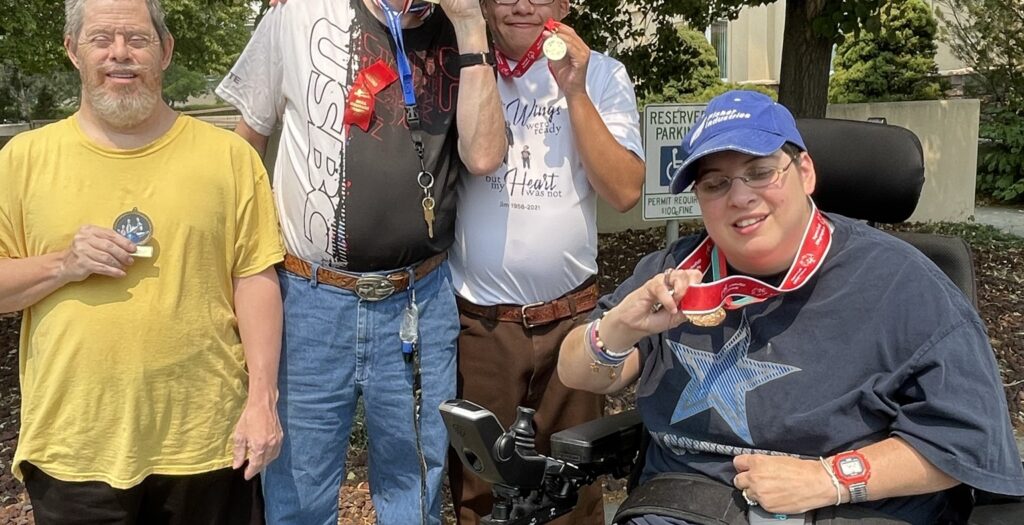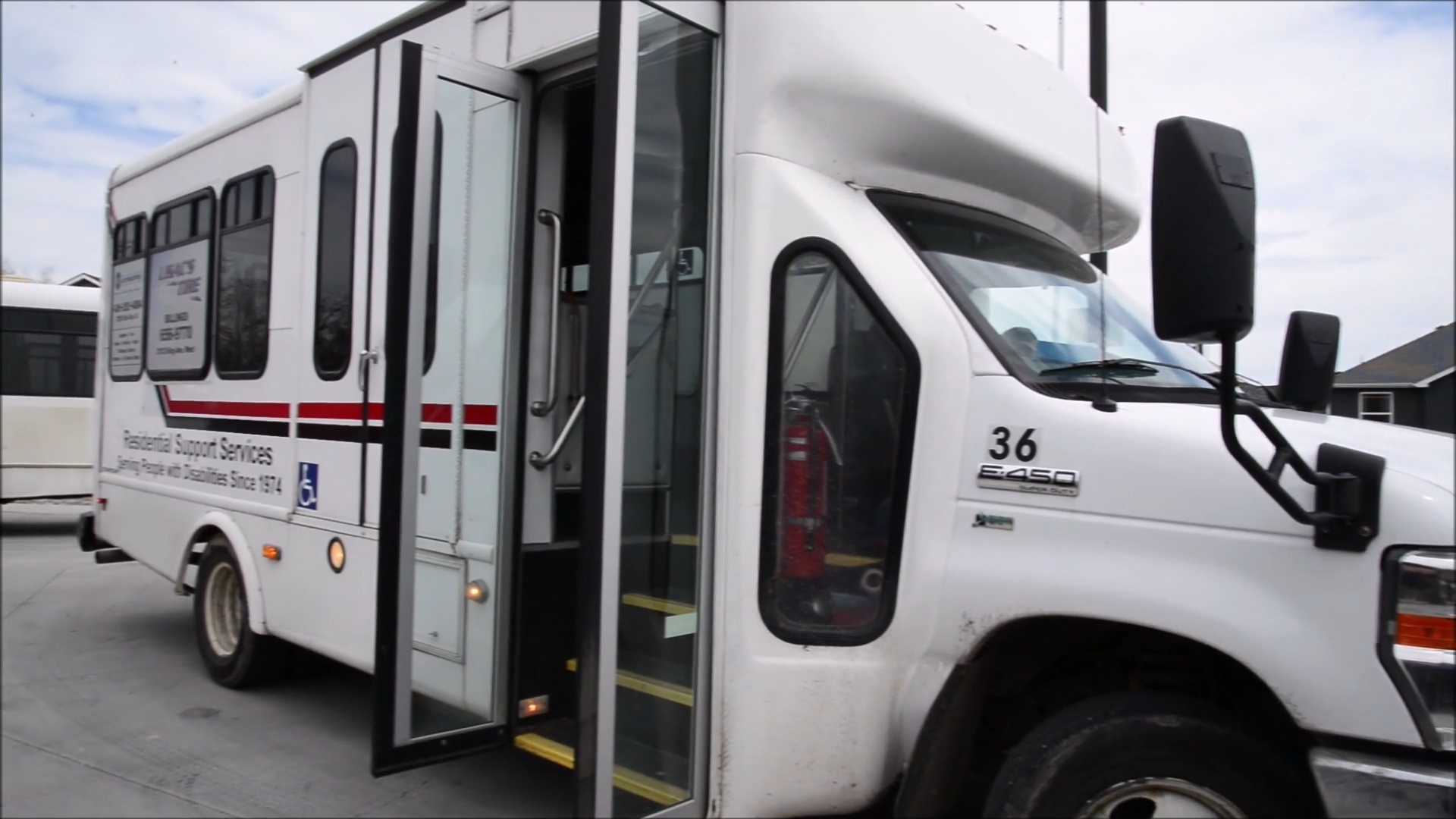For people with disabilities, finding suitable housing can be a significant challenge. Many people with disabilities require accessible housing that is designed to meet their unique needs. However, accessible housing can be hard to find, and traditional housing options may not be suitable. In recent years, there has been a growing interest in creating bold new housing options for people with disabilities. In this article, we will explore some of these new housing options and how they can benefit people with disabilities.
Community-Based Housing
Community-based housing is a type of housing that is designed to provide people with disabilities with an integrated and supportive living environment. In community-based housing, people with disabilities live together in a shared house or apartment complex, where they receive support and services as needed. Community-based housing can provide people with disabilities with a sense of community and support, while also providing them with the independence and privacy they need.
Tiny Homes
Tiny homes are a type of housing that is gaining popularity in recent years. Tiny homes are small, portable homes that are designed to be affordable and sustainable. For people with disabilities, tiny homes can be an excellent housing option because they are customizable and can be designed to meet their unique needs. Tiny homes can also be designed to be accessible and can be located in a community-based setting, providing people with disabilities with a sense of community and support.
Co-Housing
Co-housing is a type of housing that is designed to provide people with a shared living environment. In co-housing, people live together in a shared house or apartment complex, where they share common spaces like kitchens, living rooms, and outdoor spaces. Co-housing can be an excellent housing option for people with disabilities because it provides them with a sense of community and support while also providing them with the independence and privacy they need. Co-housing can also be designed to be accessible, making it an excellent option for people with disabilities.
Universal Design Homes
Universal design homes are homes that are designed to be accessible and usable by everyone, regardless of their physical abilities. Universal design homes can be an excellent housing option for people with disabilities because they are designed to meet their unique needs. Universal design homes can include features like wide doorways, level entrances, accessible bathrooms, and other features that make them accessible and usable for people with disabilities.
Smart Homes
Smart homes are homes that are designed to be connected and automated. Smart homes can include features like voice-activated assistants, automated lighting, and temperature control, and other features that make them easier to use and more accessible. Smart homes can be an excellent housing option for people with disabilities because they can be customized to meet their unique needs and provide them with greater independence and control over their living environment.
Modular Homes
Modular homes are homes that are built off-site and transported to their final location. Modular homes can be an excellent housing option for people with disabilities because they are customizable and can be designed to meet their unique needs. Modular homes can also be designed to be accessible, making them an excellent option for people with disabilities.
Green Homes
Green homes are homes that are designed to be environmentally friendly and sustainable. Green homes can include features like solar panels, rainwater harvesting systems, and other features that make them more sustainable and eco-friendly. For people with disabilities, green homes can be an excellent housing option because they are designed to be energy-efficient and can help reduce energy costs.
Finding suitable housing can be a significant challenge for people with disabilities. However, there are many bold new housing options that are designed to meet their unique needs. These housing options provide people with disabilities with greater independence, control, and support, while also providing them with a sense of community and belonging. As we continue to explore new housing options, we can create a more inclusive and supportive society for people with disabilities.









